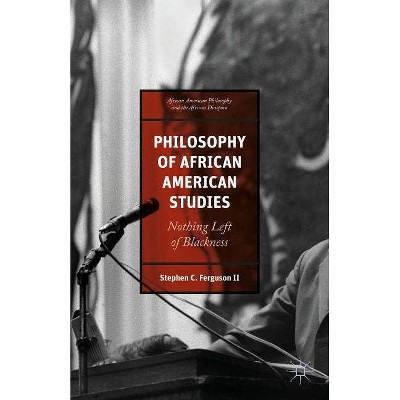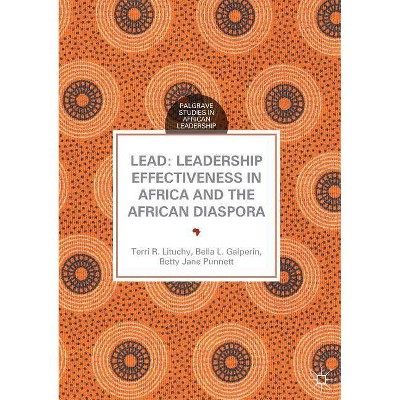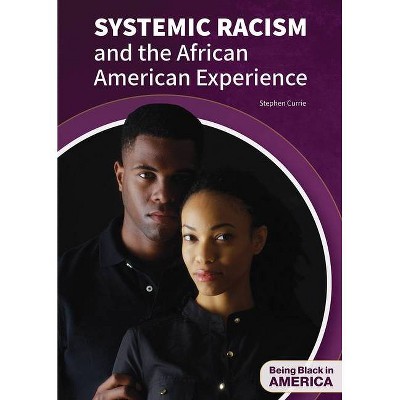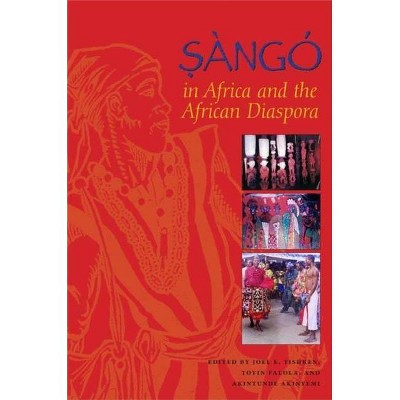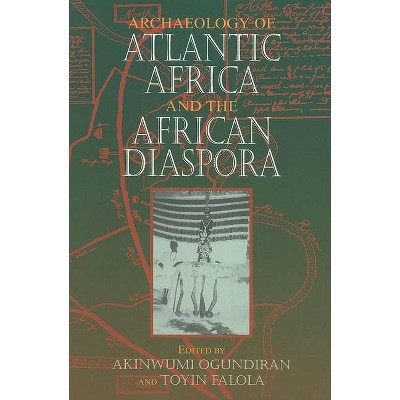(Re-)Defining Racism - (African American Philosophy and the African Diaspora) by Alberto G Urquidez (Paperback)
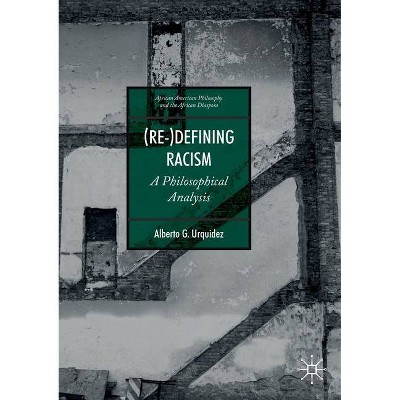
Similar Products
Products of same category from the store
AllProduct info
<p/><br></br><p><b> Book Synopsis </b></p></br></br><p></p><p><i>What is racism?</i> is a timely question that is hotly contested in the philosophy of race. Yet disagreement about racism's nature does not begin in philosophy, but in the sociopolitical domain. Alberto G. Urquidez argues that philosophers of race have failed to pay sufficient attention to the practical considerations that prompt the question "What is racism?" Most theorists assume that "racism" signifies a language-independent phenomenon that needs to be "discovered" by the relevant science or "uncovered" by close scrutiny of everyday usage of this term. <i>(Re-)Defining Racism </i>challenges this metaphysical paradigm. Urquidez develops a Wittgenstein-inspired framework that illuminates the use of terms like "definition," "meaning," "explanation of meaning," and "disagreement," for the analysis of contested normative concepts. These elucidations reveal that providing a definition of "racism" amounts to recommending a form of moral representation--a rule for the correct use of "racism." As definitional recommendations must be justified on pragmatic grounds, Urquidez takes as a starting point for justification the interests of racism's historical victims.</p><p></p><p/><br></br><p><b> From the Back Cover </b></p></br></br><p></p><p><i>What is racism?</i> is a timely question that is hotly contested in the philosophy of race. Yet disagreement about racism's nature does not begin in philosophy, but in the sociopolitical domain. Alberto G. Urquidez argues that philosophers of race have failed to pay sufficient attention to the practical considerations that prompt the question "What is racism?" Most theorists assume that "racism" signifies a language-independent phenomenon that needs to be "discovered" by the relevant science or "uncovered" by close scrutiny of everyday usage of this term. <i>(Re-)Defining Racism </i>challenges this metaphysical paradigm. Urquidez develops a Wittgenstein-inspired framework that illuminates the use of terms like "definition," "meaning," "explanation of meaning," and "disagreement," for the analysis of contested normative concepts. These elucidations reveal that providing a definition of "racism" amounts to recommending a form of moral representation--a rule for the correct use of "racism." As definitional recommendations must be justified on pragmatic grounds, Urquidez takes as a starting point for justification the interests of racism's historical victims.</p><br><p></p><p/><br></br><p><b> About the Author </b></p></br></br><p><b>Alberto G. Urquidez</b> is currently a CFD Postdoctoral Fellow in Philosophy at Bowdoin College, USA. .</p>
Price History
Price Archive shows prices from various stores, lets you see history and find the cheapest. There is no actual sale on the website. For all support, inquiry and suggestion messagescommunication@pricearchive.us

